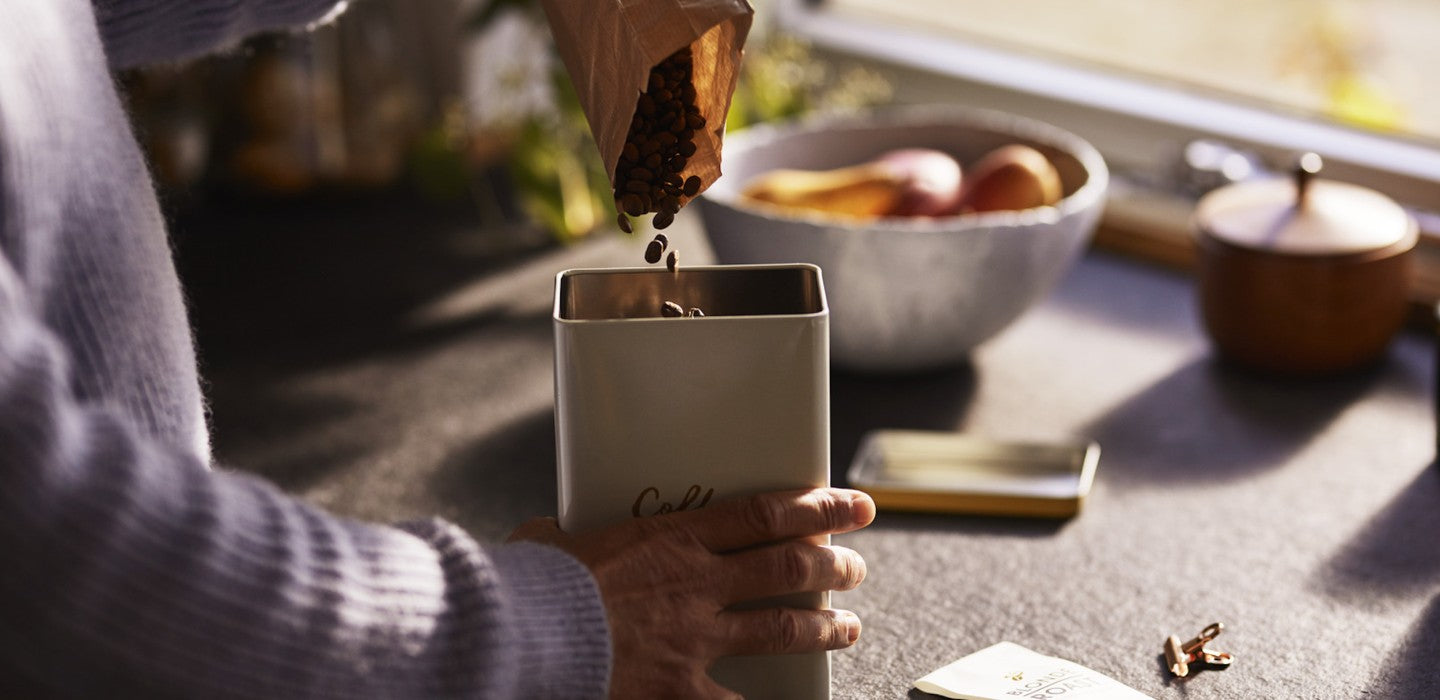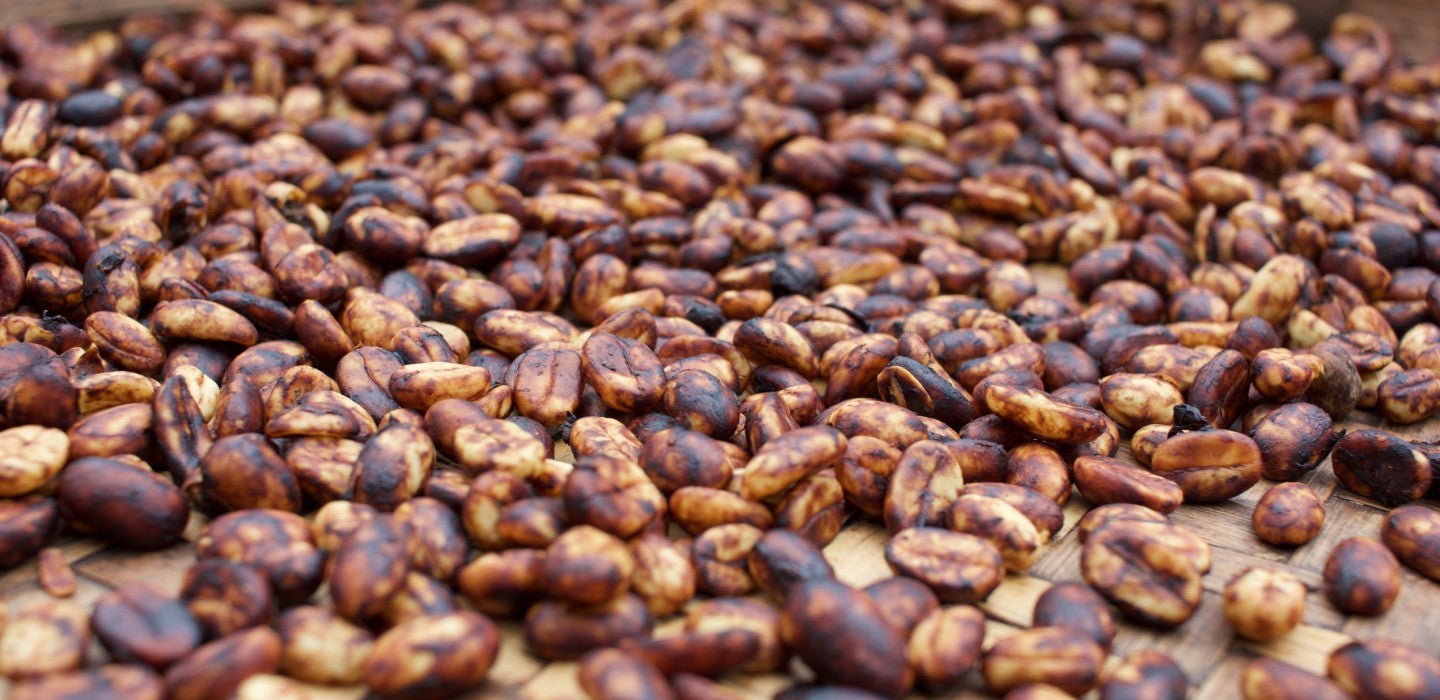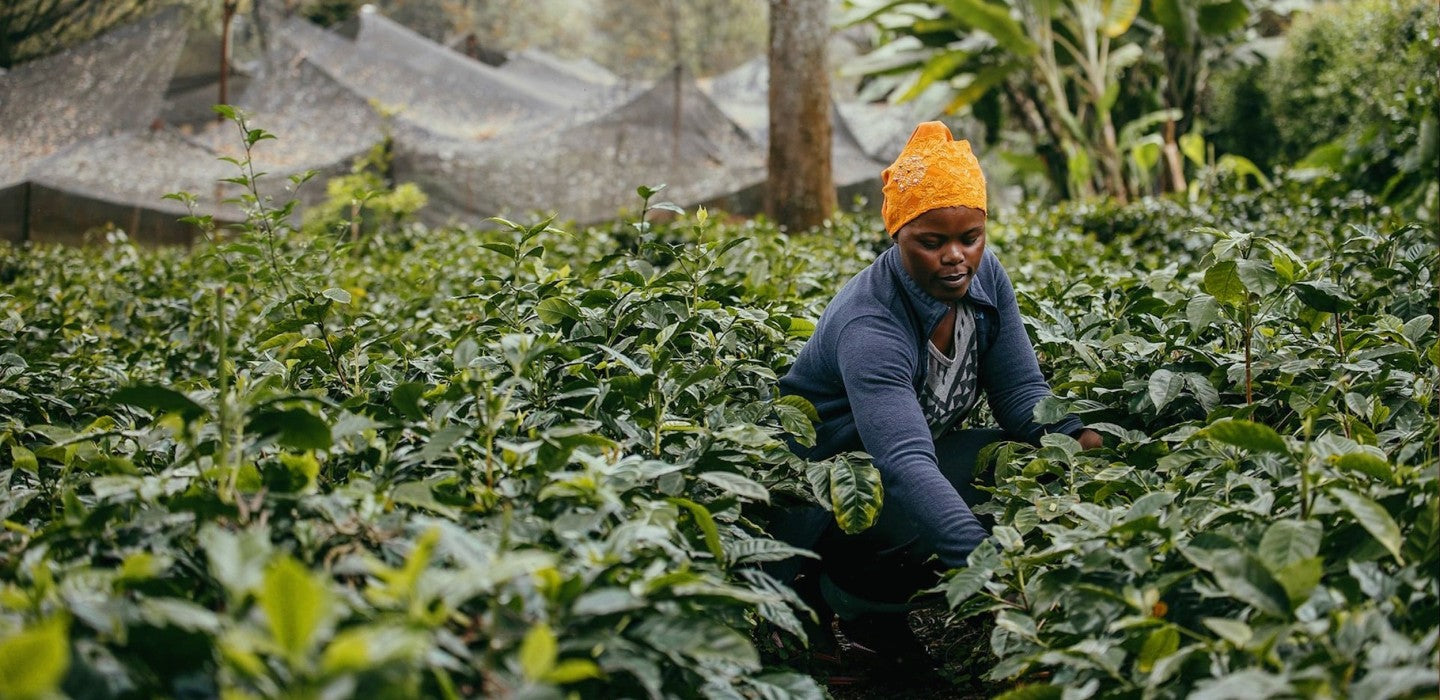The Art of Preserving Coffee: An Expert Guide on Proper Coffee Storage
For true coffee lovers, each cup is an experience, a moment in time captured by the unique flavors, aromas, and texture that constitutes a perfect brew. That captivating taste profile is the culmination of multiple processes, from harvesting to roasting, each of which is art and science rolled into one. However, one overlooked aspect bearing an immense impact on a coffee's overall quality is its storage. In this guide, we dissect and dish the details on how to properly store coffee, preserving its aroma, flavor, and quality.
The Imperative Nature of Freshness in Coffee Storage
Typically in coffee storage, the fresher, the better. Coffee is exceptionally sensitive to environmental factors such as light, heat,, and humidity. A subtle change in one of these elements can alter the coffee's quality significantly, noting that coffee is primarily composed of delicate oils, which can easily oxidize and degrade in quality, eventually altering the taste and overall experience.
To maintain coffee's freshness and guard against sudden ontology changes, strict attention should be directed to the storage location and conditions. A cool, dark, and dry place, immune to extreme fluctuations in environmental factors, forms the ideal storage location. This isolation protects the aromatic oils locked within the coffee, preserving its natural taste and minimizing oxidation that would otherwise degrade its quality.
Proper Coffee Storage: The Dos and Don'ts
Many coffee lovers have fallen victim to improper coffee storage injuries, either knowingly or unknowingly. One culprit is storing coffee alongside other foodstuffs. Coffee, being highly absorbent, can easily take up foreign smells, distorting its original flavor profile. To safeguard against this, always store your coffee in a separate sealed container.
The choice of container plays a non-negotiable role in the coffee preservation puzzle. The best containers are impermeable to light and feature air-tight seals to prevent oxidation. In practical terms, this means choosing a container that keeps light out, doesn't allow air in or out, and is adequately sized to avoid unnecessary headspace. Storage in such containers ensures an extended shelf-life for both coffee beans and ground coffee, significantly boosting their freshness longevity.
The Debate: Whole Beans Vs. Ground Coffee
When it comes to maximizing aroma and taste, whole beans take center stage. The structural integrity of a bean acts as a natural shield, protecting the precious aromas hidden within its core. It's akin to a natural flavor vault, faithfully preserving the capacity of the coffee to deliver a riveting drinking experience.
Ground coffee, on the other hand, although convenient, exposes a larger surface area to oxidation, which rapidly degrades its flavor. In general, once exposed to ambient conditions, ground coffee can hold its freshness for up to a week. For longer storage, freezing ground coffee in an air-tight container is recommended. However, before use, the coffee must thaw to room temperature to prevent moisture build-up during brewing, which could negatively impact the flavor.
Optimum Grinding – Timely and Precise
Never underestimate the power of timing and accuracy in grinding your beans. Precision in grinding unlocks the full flavor potential in your coffee cup. For the adventurous and those prioritizing utmost freshness, grinding the precise amount of coffee just before brewing promises a taste experience that celebrates coffee in its prime.
The Perfect Brew: Define Your Pleasure
Brewing is an art form that expresses coffee's inherent qualities, and unlocking this requires understanding influence factors such as the coffee-water ratio and the grind size. The requisite amount of coffee relative to water can make or break a good cup, underscoring the need for precision. For a robust, resonant cup that strikes a fine balance, we recommend a ratio of 6-8 grams of coffee per 150 ml of water.
Coffee Equipment Maintenance
The state of brewing equipment also holds a bearing on the resultant coffee quality. Keep brewing equipment consistently clean; proper cleaning deters the build-up of stale coffee oils that could taint the fresh coffee's taste.
Wrapping It All Up
In its essence, a great coffee experience is preserved in the right storage techniques, protected in whole beans, unlocked in the grinding, and crystallized in the brewing process. Securing each of these stages' right execution promises an unforgettable coffee drinking experience, all from the comfort of your home. The age-old saying still holds: take good care of your coffee, and it will undoubtedly take care of your demanding taste buds.



Leave a comment
This site is protected by hCaptcha and the hCaptcha Privacy Policy and Terms of Service apply.